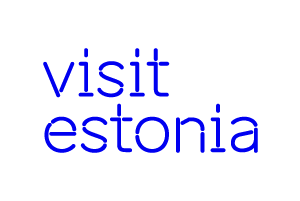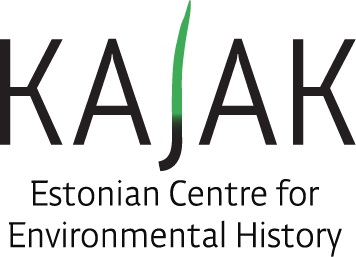Supporters





Tallinn University hosts the European Society for Environmental History (ESEH) Biennial Conference 2019 “Boundaries in/of Environmental History” in Tallinn, Estonia, August 21-25, 2019. The conference takes place as a joint effort of ESEH and KAJAK, the Estonian Centre for Environmental History, at School of Humanities, University of Tallinn. Boundary studies is a rapidly growing field of interdisciplinary research that is increasingly relevant in historical research, for example, through studies on trans-national or migration histories, global and colonial environments, relations of humans and animals or technical systems. Estonia is a perfectly suitable place for studying the dynamics of cultural, biological, political and other types of borders in historical perspective. The cultural programme of the conference aims to introduce Estonia as a country with remarkable environmental history, crisscrossed by multiple cultural, ecological and political boundaries.
Supporters:
This event is made possible with the help of funding from Enterprise Estonia (EAS) that sponsors social and cultural events during the ESEH Biennial Conference 2019 with almost 30.000 EUR. Organising the event would not be possible without institutional and financial support from Tallinn University. In addition, we have received invaluable assistance from the Fulbright Specialist Program, the Division of History of Science, Technology and Environment at KTH Royal Institute of Technology in Stockholm and a number of international scholarly publishers. Without their help, the scientific, social and cultural programmes would not be the same. Concerning the practical matters, we are grateful to the Conference Centre of Tallinn University who has tackled all the administrative details, and the technical support services of Tallinn University that provides technical solutions for broadcasting selected sessions of the conference online.
During the conference we will also cooperate with a selected number of small Estonian entrepreneurs who offer products inspired by Estonian environment and culture during an afternoon at our conference venue. While planning our post-conference tours, we have laid special emphasis on environment-oriented cultural tourism, showcasing Estonia as a destination for tourists with a deep interest in the environmental aspects of culture and cultural research.
As a result of these side events, we hope to give our delegates a better understanding of the variety that Estonia has to offer as a country situated at the intersection of various cultural and natural border areas.
Get acquainted with Estonia as a positively surprising destination for cultural experiences at www.VisitEstonia.com.
The Local Organising Committee consists of Estonian researchers who belong to the KAJAK network:
Prof. Ulrike Plath, Tallinn University
Dr. Kati Lindström, KTH Royal Institute of Technology
Dr. Kadri Tüür, Tallinn University and University of Tartu
Dr. Viktor Pál, Head of the ESEH Next Generation Action Team (NEXTGATe), The Higher School of Economics, St. Petersburg and University of Helsinki
The international Program Committee:
Finn Arne Jørgensen, University of Stavanger, Norway – head of committee
Hrvoje Petrić, University of Zagreb, Croatia
Santiago Gorostiza, Autonomous University of Barcelona (UAB), Spain
Andrea Gaynor, The University of Western Australia, Australia
Kati Lindström, KTH Royal Institute of Technology, Sweden
Leona Skelton, Northumbria University, United Kingdom
